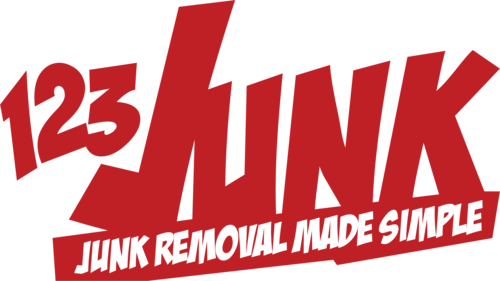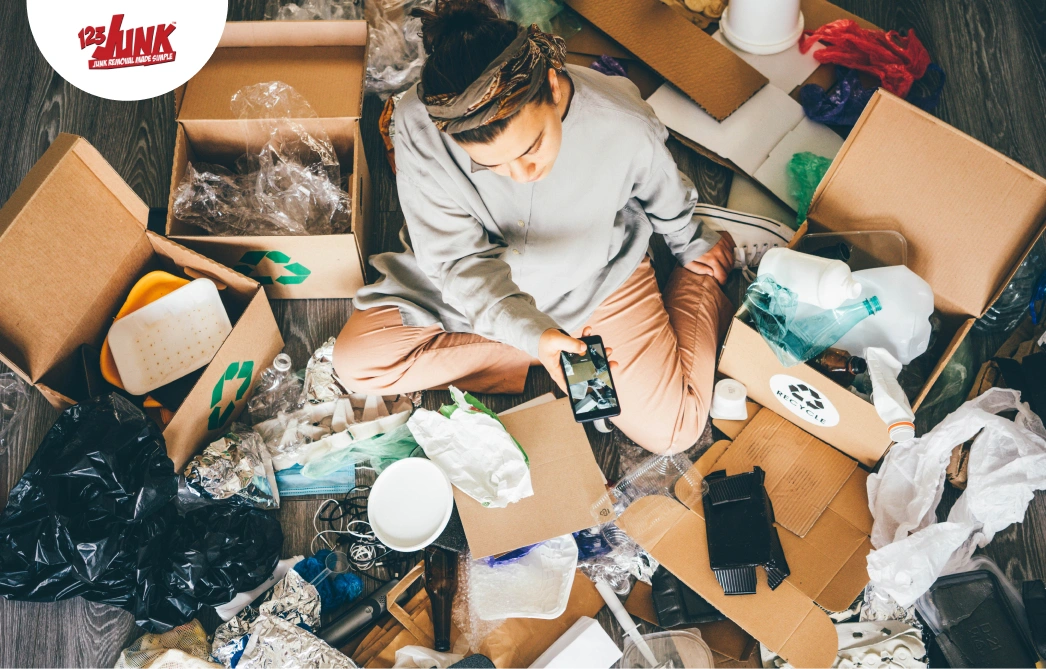Families dealing with hoarding situations often wonder if their homeowners’ insurance will help cover professional cleanup costs. Standard homeowners insurance typically won’t cover hoarding cleanup, though there are some exceptions worth knowing about.
Why Insurance Usually Doesn’t Cover Hoarding Cleanup
Homeowners’ insurance covers sudden, unexpected events that damage your property. Fires, storms, or burst pipes that happen quickly and cause immediate harm.
Hoarding situations develop slowly over months or years, so they don’t fit what insurance companies call a “covered peril.”
Insurance companies see hoarding cleanup as a maintenance issue rather than an emergency. It’s the same reason they don’t cover routine home upkeep, regular pest control, or normal wear-and-tear repairs. The accumulated items and cleanup needs are considered your ongoing responsibility, not something that happened suddenly.
Sure, it might feel frustrating. Unfortunately, it’s just how insurance policies work. Understanding this upfront helps you plan better for the cleanup process.
When Insurance Coverage Might Apply
Insurance won’t typically pay for hoarding cleanup directly, but certain situations can trigger coverage for related services:
- Fire or Water Damage: When a covered event like a fire or water leak happens in a hoarded home, insurance may cover cleanup costs related specifically to that incident. Say a kitchen fire spreads through accumulated items—insurance would likely cover removing the fire-damaged debris as part of restoration.
- Biohazard Situations: Some hoarding situations create biohazard conditions that need specialized cleanup. When these conditions result from a covered event—like sewage backup or contamination from covered water damage—insurance might cover the biohazard remediation.
- Crime Scene Cleanup: In situations where hoarding involves a crime scene that needs professional cleanup, this specialized service might be covered under certain policy provisions.
- Structural Damage: Insurance may cover repairs to your home’s structure when hoarding contributed to damage from a covered event. For instance, if accumulated items prevented you from noticing a roof leak that caused structural damage, insurance might cover those structural repairs (though not the hoarding cleanup itself).
How Insurance Companies Handle Hoarding Claims
When hoarding is part of an insurance claim, things get more complicated. Insurance adjusters need to assess the property to determine coverage, but hoarded homes can present safety challenges that make inspection difficult or even impossible.
Adjusters have to figure out what damage came from the covered event versus what existed beforehand. In a hoarded environment, making this distinction can be extremely challenging, which might complicate or delay claim resolution.
Some insurance policies specifically exclude coverage for hoarding-related losses, while others may cover certain types of damage but not others. The exact language in your policy makes a big difference in what’s covered.
Understanding the Financial Reality
Professional hoarding cleanup typically runs between $1,000 and $4,000, though more complex situations can cost much more. Several factors affect the final cost:
- Size of the affected area
- Level of contamination or biohazard present
- Structural damage requiring repair
- Need for specialized services like mold remediation or pest control
Since insurance coverage for the cleanup itself is unlikely, most families need to plan for these costs themselves.
Exploring Your Options
If you’re navigating a cleanup after a hoarding situation, one of the most helpful first steps is to take a close look at your homeowners insurance policy—or give your agent a call. Policies vary from one company to the next, and while most don’t cover hoarding cleanup, some do include limited benefits in certain situations. It’s worth taking the time to understand what your specific coverage does (and doesn’t) include.
As you go, make sure to document as much as possible. Taking clear photos and videos of your home—before cleanup begins and after any damage happens—can make a big difference if you decide to file an insurance claim. It helps paint a clear picture and can protect you from misunderstandings about what damage was pre-existing and what came from a recent event.
If you’re feeling overwhelmed about the scope of the cleanup and where to start, you’re not alone. A great next step is to reach out to a professional junk removal company. Many offer free consultations, so you can get a clearer sense of what’s involved and what the costs might look like. Having a professional’s input brings both clarity and peace of mind.
And if the price tag feels daunting, don’t panic. Many reputable cleanup companies offer payment plans or financing options to help make the process more manageable. The most important thing is to come up with a plan that works for your family’s situation—both emotionally and financially.
Lastly, if you are working with your insurance provider, have a detailed conversation about what—if anything—they’re able to cover. Separating what’s potentially reimbursable from what’s not helps you set expectations and make informed decisions about budgeting for the rest of the work.
Moving Forward with Cleanup Plans
Knowing that insurance likely won’t cover hoarding cleanup helps you make informed decisions about how to move forward. Whether you’re researching how to help a hoarder clean or looking for professional cleanup companies who specialize in these situations, the goal is to create a safer, healthier environment with compassion and care.
Many families find that investing in professional cleanup services, even when paying out of pocket, brings tremendous value in terms of health, safety, and peace of mind. These services do more than just remove items—they restore homes to safe, livable conditions.
The key is being realistic about costs from the start and exploring all available options for financing the cleanup work. While insurance support can ease the burden, not having it doesn’t mean you’re out of options.
Professional hoarding cleanup companies understand the financial challenges families face and often work with clients to create manageable payment arrangements. The investment in professional cleanup services can be substantial, but it’s also an investment in creating a safer, healthier living environment.
Take time to contact your insurance agent to clarify your specific policy coverage, and reach out to qualified cleanup professionals to understand your options. With clear information about both insurance limitations and available alternatives, you’ll be better equipped to make the right decisions for your situation.


